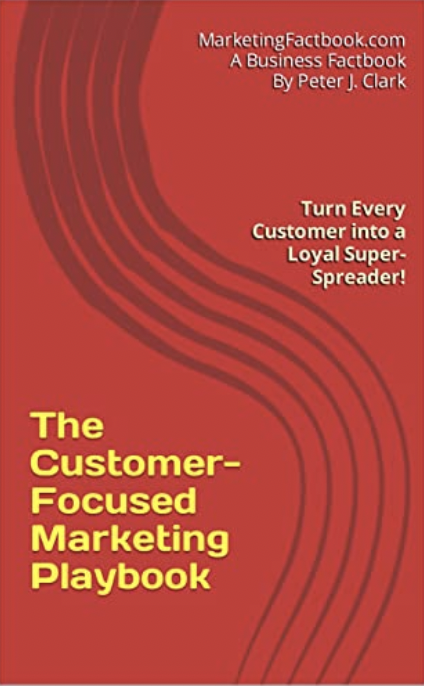Airlines have one chance left for loyalty
Airline loyalty programmes are lacking any real differentiation. Instead of encouraging true loyalty to the airline, they are simply engraining in their best customers a points-earning habit that also encompasses all their competitors, according to a study by Deloitte, which found that frequent flyers don't often equal frequent customers.
The study, entitled 'Rising above the Clouds: Charting a course for renewed airline consumer loyalty', indicated that airline loyalty programmes are not as effective as they could be in driving loyalty among their core audience of frequent travellers, finding that 72% of high-frequency business travellers participate in two or more programmes, while more than one-third participate in four or more.
Where's the loyalty?
Considering that airlines use reward programmes to drive brand loyalty almost exclusively, a remarkable 50% of respondents said they are enrolled in two or more airline loyalty programmes, with one-third participating in two or more programmes at the same time. But participation in multiple programmes among business travellers - a key segment for the airlines - stood at nearly 44%. Furthermore, two-thirds said they are receptive to the idea of switching to a competing loyalty programme, even after achieving the highest status level with their current programme.
The survey also found that the share of wallet for a "preferred" airline is significantly low. Only 44% of all travellers and 40% of business travellers fly at least three-quarters of their air miles on their "preferred" airline, while nearly one-third of business travellers fly fewer than half of their air miles on their "preferred" airline.
Perhaps even more worryingly for the airlines, the importance of loyalty programmes appears to be surprisingly low. Travellers overall - and business travellers specifically - ranked loyalty programmes as only the 19th and 18th most important attribute when selecting an airline (out of 26 attributes), respectively. However, despite their low nominal rankings among overall respondents, loyalty programmes remain valuable to high-frequency business travellers, ranking as the second most important attribute - even higher than safety! As such, loyalty programmes still remain a viable way for airlines to drive customer loyalty, particularly if those airlines can differentiate their programmes to stand out from the crowd.
"These findings suggest that airlines should consider taking a hard look at how they are engaging with their loyalty programme members if they want to cultivate genuine brand loyalty," said Adam Weissenberg, vice chairman for Deloitte. "With increasing competition and heightened consumer pragmatism, airlines may need to focus on personalising the customer experience in a way that makes individual travellers feel special."
One size doesn't fit all
According to the survey, characteristics that one type of traveller views as being important in a loyalty programme may be less important to others. For example, 76% of high-frequency business travellers view "more opportunities to earn and redeem points" as vital, compared to an all-respondents average of only 64%. Meanwhile, only 40% of all respondents believe access to airport lounges to be important while 68% of high-frequency business travellers value it.
And there were significant differences in how passengers plan and book their travel. An overwhelming 83% of respondents visit price comparison sites to book travel, and 72% consult family members when planning a trip. In comparison, respondents' social media usage for the task was far less common, with only 13% using social media networks to research or plan trips, and only 27% using an airline's social app. Results were similar with regard to to how airlines engage with passengers, with 80% of all respondents preferring email while only 26% were happy with interactions via social media.
Because the survey's overall findings reveal both subtle and not-so-subtle differences in the behaviours and expectations of the flying consumer, they underscore a need for differentiated, more targeted approaches to building loyalty.
"The bottom line is that airlines must consider making their loyalty programme rewards more personally meaningful," concluded Weissenberg. "For example, a flying passenger has the potential to serve as an airline's most effective marketing tool, yet only 38% felt positively about serving as a brand ambassador. Airlines should therefore consider providing more customised experiences for individual travellers, and encourage loyalty with unexpected and immediately accessible rewards."
The full survey report has been made available for free download from Deloitte's web site - click here (PDF document).
Sources: Deloitte / The Marketing Factbook.
Copyright © 2013 - 2025 The Marketing Factbook.
Categorised as:
- Customer Experience
- Customer Loyalty
- Knowing The Customer
- Marketing Know-How
- Marketing Technology
